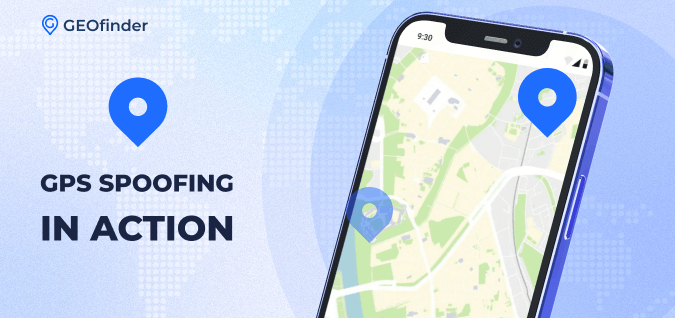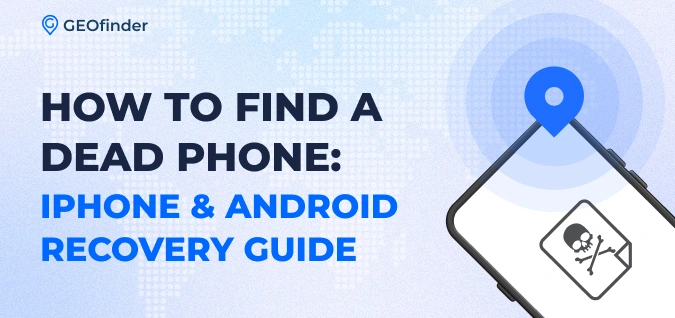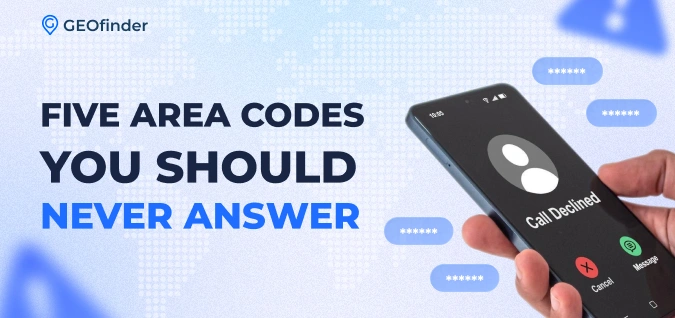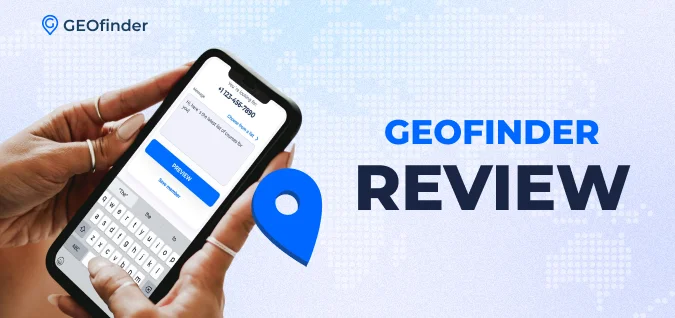We are so used to GPS that we can hardly imagine (or remember, depending on the age) life without it. GPS is used while traveling, choosing an ideal route to get to your destination, checking where your children and relatives are, etc. However, something called GPS spoofing is becoming more and more at the hearing nowadays. How does GPS spoofing work? We’re going to break it down. Many people do not actually understand what it is, but everyone is already alarmed.
Parents imagine how children spoof their location, partners – imagine the same about their second halves, and people who call Uber – imagine how the driver takes them to an unknown place to sell them into slavery, and the application shows the correct route (yes, taxi drivers can fake location as well). So, what is GPS spoofing, how does it work, and is it as scary as people think? Let’s find out!
What Is GPS Spoofing?
The people who created GEOfinder (we) are experts in everything connected to GPS and location tracking. So, you can hardly find a better place to learn about geo spoofing than our blog. We have been in the industry for almost a decade, so we know all the nuances.
However, when it comes to defining what is GPS spoofing, things are pretty simple: it means faking. When people want to hide their real location or show the wrong location instead – it is called spoofing. GPS satellite sends a signal to the device, but it gets interrupted and changed on its way by a third-party transmitter or another signal, and as a result, the tracking information twists.
How Does GPS Spoofing Work

There are two main “models” GPS spoofing follows: intercepting and recreating (imitating) the signal. In the first case, additional devices are needed, as well as an understanding of how GPS works. You need to know where to install the geo spoofing device, how to detect the signal, when to activate the interceptor, etc.
The second method only requires you to find and install software that can imitate or recreate the signal. It usually requires you to follow the guide without digging into the technology. Keep reading for more details!
Types of Location Spoofing
Initially used for military purposes only, location spoofing is now common even in everyday life and accessible to everyone. Several GPS spoofing techniques are widely used:
- SDR: Software-Defined Radio is the simplest way to spoof the signal. It does not require you to have any additional devices and uses specially-developed software to generate the fake signal and use it for geo spoofing.
- Replay Attacks. A GPS signal can be recorded in one place and then reproduced in another, transferring its original data. It is even simpler than SDR, but you need to possess the signal-recording equipment to spoof location.
- Advanced techniques. They are much more complicated and usually require both special equipment and a good understanding of how GPS technology works. They allow users to recreate and replicate the signal, making GPS spoofing detection much more difficult.
SDR is more commonly used in everyday life by parents, children, and unfaithful partners (yes, these guys love to spoof their location). The OPS group reports that in 2024, they observed a 500% increase in GPS spoofing cases. It is because SDR made faking locations easier and more accessible to everyone, leaving replay attacks and more advanced techniques for military and hackers.
Why Do People Spoof Location in Everyday Life

People can spoof location for different reasons, mostly personal. Children, especially teenagers, may do so to cover the fact that they do not attend classes and go to the arcades or friends instead. Similarly, if there is a part somewhere and they do not want parents to know that they are there – GPS spoofing is a solution.
Unfaithful partners may also find it useful. They can tell their second half that they are going to Minnesota for a business trip and, in fact, go to Florida to have some fun with their lover. In both cases, it is most commonly used by younger people who are familiar with modern technology and software and can easily set up an SDR on their device.
Spoofing may also happen in families, even without adultery. Husbands tend to use it to hide that they go to the pub with their friends. Of course, when they come home drunk, it all becomes obvious, but still, it allows them to “win some time”. Honestly, there can be as many reasons as there are people, so you may never guess the exact one.
GPS Spoofing Detection and Protection Methods
So, what GPS spoofing detection methods are available to ordinary people? We will not discuss using cryptography or installing specific antennas as… Well, let’s be honest: no one will bother with this at home, and not so many people have the necessary knowledge and equipment for this.
Instead, focus on your cyber hygiene:
- deactivate GPS on your phone when not using it;
- use 2-factor authentication whenever it is offered;
- use reliable passwords and change them regularly;
- use antiviruses and firewalls;
- install all the updates offered by your operating system.
If you want to check someone’s location but do not want to become a victim of location spoofing, try GEOfinder. It is a number location finder that guarantees you exact location tracking results in almost 100% of cases. It is quite hard to spoof location provided by GEOfinder as it sends the tracking link to the target, and without prior preparation, it is hard to fake the results. It allows you to find location with phone number without installation – definitely a plus.
What Is Good and Bad About GPS Spoofing
Now, knowing what is location spoofing, let’s find out what is good and bad about it. On the positive side, it allows you to keep your real location private if you want to. On the contrary, taxi services may spoof it to increase their profits, it can be used by criminals to steal vehicles, and it can also be used to misdirect shipments and cargo. No need to mention that it can also have negative consequences if it is used successfully during military operations by the enemy.
Conclusion
GPS spoofing has many applications, but it is mostly used to fake locations or steal goods. To avoid becoming a victim, you need to follow cyber hygiene rules, and if you want to know someone’s real location, GEOfinder is your best helper.





Comments